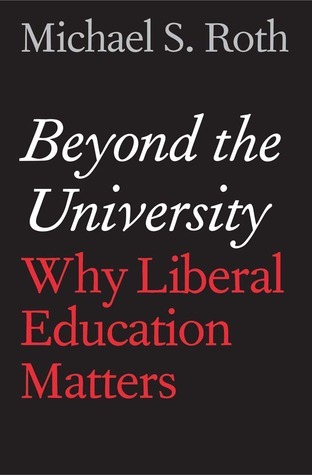
Universities, at least in the medieval ages, began as guilds and centers of theocratic debates. It was a place where experts and specialists gathered to debate and exchange ideas. But over the course of the last two centuries, universities have become centers of research too, often breaking new frontiers of science. The strength of a university also lies in its liberal arts education; especially philosophy, politics, economics, history and literature. Unfortunately, with the demand for vocational specialization, universities have had to bend to the wind.
Many universities have neglected the importance of liberal arts. They have, by the same token, ignored the responsibility to train an educated citizenry. “Beyond University: Why Liberal Education Matters,” Michael Roth explains the numerous debates that have surrounded the importance of liberal education since the founding of the United States. Without liberal education, voters would not know how to weigh the importance of each issue.
Sheer emotions would carry the day. Sophistry would be mischaracterized as knowledge. Liberal arts education, to the degree it helps people to think deeply, is the fount of wisdom and analytical appreciation; especially rumination of where true power lies, and how it must be exercised in an accountable manner.
